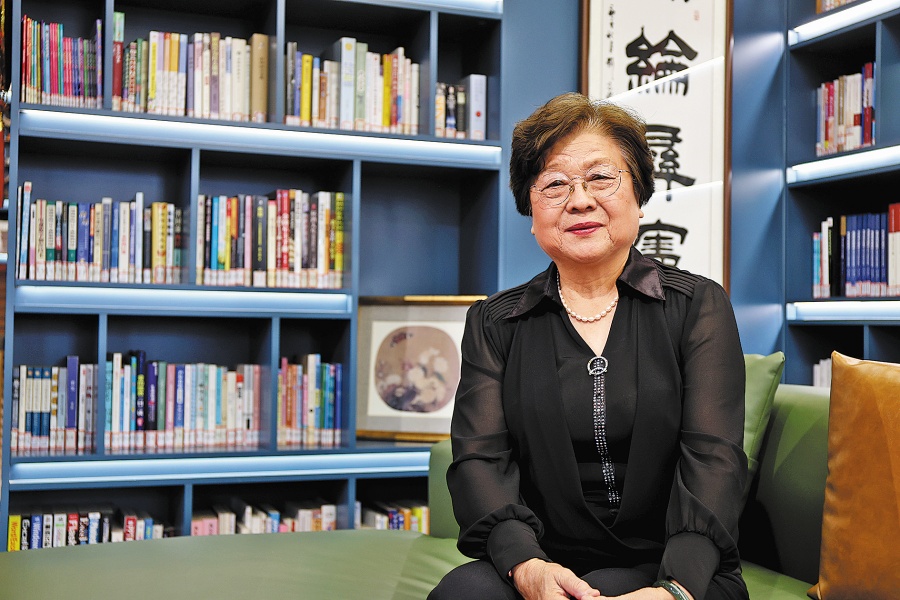Digital advances herald judicial progress
Rapid socioeconomic development and technological innovation lead to more efficient legal system


More than 30 years ago, judge Ren Jianyou would have to ride her bicycle to inform people to attend their day in court. Today, the now-retired judge uses the digital superhighway to mediate disputes.
In the 1980s and 1990s, for a judge, being able to ride a bike was almost as important as knowing Chinese legal statutes in and out.
At that time, the majority of civil cases weren't held in grand and specialized courtrooms, but rather in nondescript offices, with a squat table and a few chairs.
However, as China's economy rapidly grew, followed by a wave of technological advancement, especially in the past decade, Chinese courts have been revolutionized — made smarter and more organized — giving litigants easier access to legal services and putting the tools of the world wide web at judges' fingertips.
Before Ren retired and hung up her gavel in 2001, Beijing Chaoyang District People's Court had already heard civil cases in specialized courtrooms and she'd learned to use a computer to handle legal matters.
Now, despite retiring, the 75-year-old is still fighting on the legal front line as a part-time mediator, helping to resolve disputes before they get to court.
Ren searches for legal information with her laptop instead of cycling to the Supreme People's Court in central Beijing to read books and root out materials. After helping mediate disputes, she upholds the mediation agreements via an online platform to get judicial confirmation from courts, no longer having to wait more than a month as she did in the past.
"Such quick and convenient services were unthinkable when I was a judge," she said.
"I could never have imagined that today's litigants and lawyers can file cases, submit evidence and attend mediation or litigation on their mobile phones, rather than traveling to courts with bags full of materials."
Noting that the changes are great achievements made by the country in terms of promoting the rule of law over the past decades, she added, "No matter how technologies improve and how services are optimized, the goal remains unchanged, that is, serving the people and delivering justice."


















